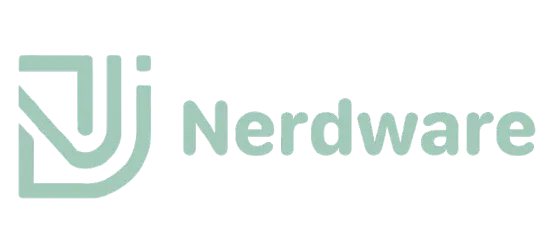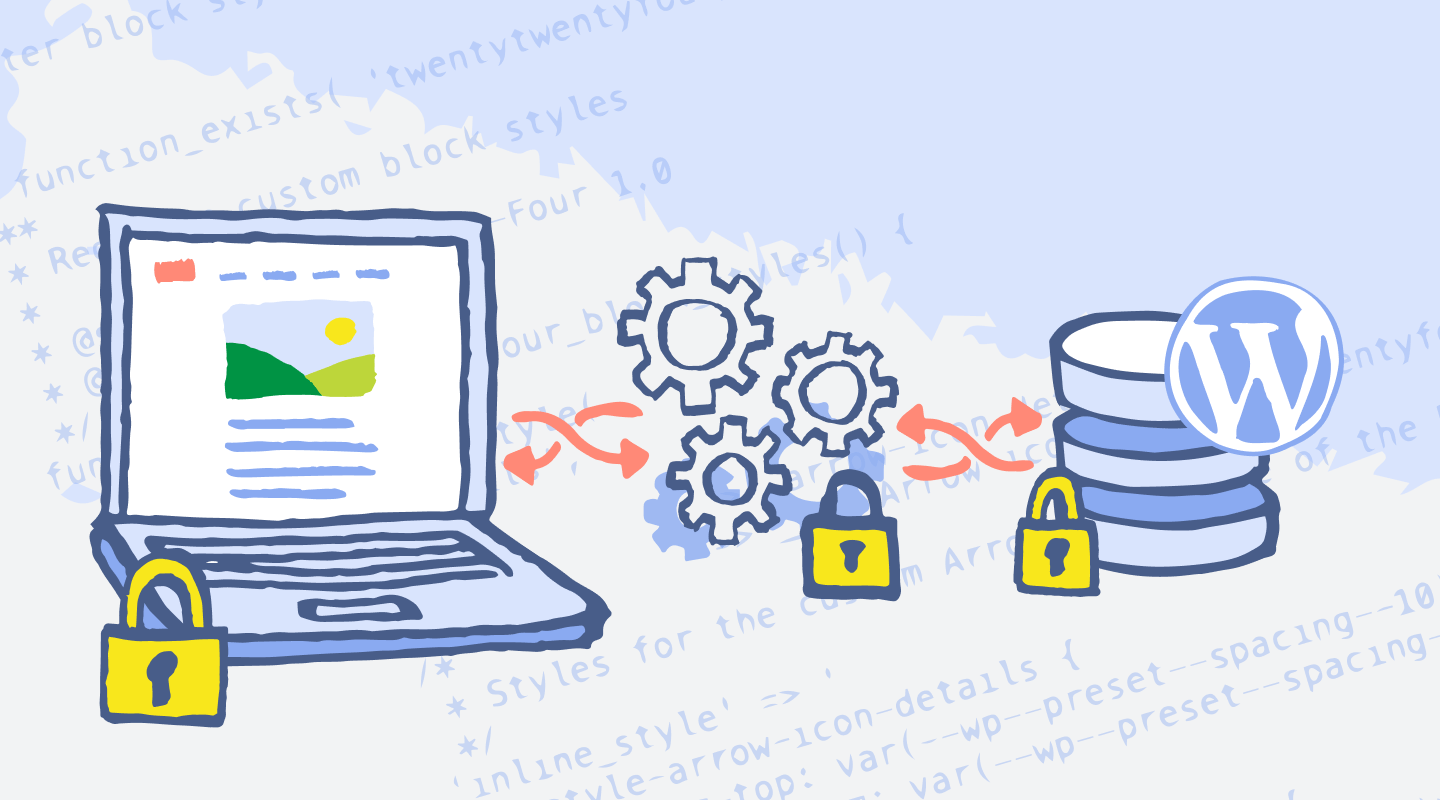
Quantum Computing in Software Development: Preparing for the Next Frontier
Introduction to Quantum Computing
Quantum computing represents a paradigm shift in the world of technology, differing fundamentally from classical computing. While traditional computers utilize bits as their smallest unit of data, quantum computers leverage quantum bits, or qubits. A key principle that distinguishes qubits from bits is their ability to exist in multiple states simultaneously, thanks to a phenomenon known as superposition. This inherent ability allows quantum computers to process vast amounts of data and perform complex calculations at unprecedented speeds.
Another essential concept in quantum computing is entanglement, a peculiar property where qubits become interconnected in such a way that the state of one will instantly influence the state of another, regardless of the distance separating them. This principle can dramatically enhance communication systems and increase the efficiency of quantum algorithms, paving the way for innovative solutions across diverse fields such as cryptography, optimization, and artificial intelligence.
The history of quantum computing can be traced back to the early 1980s when physicists began theorizing about the potential of quantum mechanics to solve problems that were intractable by classical means. Pioneering work by researchers such as Richard Feynman and David Deutsch laid the groundwork for what would eventually evolve into practical quantum systems. Over the decades, significant advancements in both theoretical understanding and technological development have brought quantum computing from a largely theoretical construct to functioning prototypes.
Today, various organizations and research institutions are actively working on harnessing these powerful computational techniques to solve real-world problems. As quantum computing continues to mature, its integration into software development practices is increasingly seen as a vital area for exploration. Understanding the foundational principles of quantum computing will be crucial for software developers and researchers as they prepare for this transformative technology’s implications in the future.
Current State of Quantum Computing
Quantum computing represents one of the most transformative advancements in technology. As of October 2023, significant strides have been made, particularly by key players such as IBM and Terra Quantum. These companies have pioneered quantum systems and frameworks that push the boundaries of computational capabilities. IBM, for instance, has introduced a series of quantum processors known as “Eagle” and “Condor,” which have been designed to enhance quantum circuit performance and scalability. The development and availability of these processors are crucial for researchers and developers working in diverse domains.
Furthermore, advancements in quantum computing algorithms and software frameworks have enabled a wider array of applications. Quantum programming languages such as Qiskit from IBM result in easier development of quantum applications, making it more accessible to programmers familiar with traditional coding languages. This integration between quantum and classical computing paradigms facilitates the transition into more complex simulations and computations, which previously would have been insurmountable.
The implications of these developments span across several industries, including artificial intelligence (AI), finance, and energy. In AI, quantum computing allows for enhanced machine learning techniques, improving data processing speeds and pattern recognition. For the finance sector, quantum algorithms can optimize portfolio management and risk analysis more efficiently than their classical counterparts. The energy industry, in turn, stands to benefit from quantum simulations that lead to better energy distribution and management strategies through improved modeling of complex systems.
As these sectors begin to adopt quantum technologies, we witness a gradual but powerful transformation in how data-intensive tasks are approached. The race to harness quantum computing is not merely about technology but involves rethinking processes, adapting to new frameworks, and investing in education to cultivate a workforce capable of thriving in this emergent landscape.
Impact of Quantum Computing on Software Development
Quantum computing is beginning to redefine the landscape of software development by offering innovative solutions to problems that classical algorithms struggle to solve efficiently. One of the most significant advantages of quantum computing lies in its ability to tackle complex optimization problems, which are prevalent in various sectors, including finance, logistics, and pharmaceuticals. Classical systems often face computational bottlenecks when trying to analyze large data sets or perform intricate simulations. However, quantum algorithms, such as the Quantum Approximate Optimization Algorithm (QAOA), leverage quantum bits, or qubits, to explore multiple solutions simultaneously, drastically reducing processing time.
Moreover, quantum computing excels in areas such as cryptography and machine learning. Quantum algorithms can potentially break traditional encryption methods, prompting a reassessment of security protocols in software development. With the advent of quantum computers, developers must integrate quantum-resistant algorithms into their software systems to ensure data protection and maintain compliance with security standards. Furthermore, in machine learning, quantum models can analyze vast data sets at unprecedented speeds, enabling the development of more sophisticated and intelligent applications.
The shift towards quantum computing will also lead to the emergence of new software frameworks and tools specifically designed for quantum application development. As a result, software developers must familiarize themselves with quantum programming languages, such as Q# and Qiskit, which are tailored to exploit quantum computing capabilities. This transition will require a significant investment in education and training as traditional programming skills evolve to accommodate the unique nature of quantum environments.
In coordination with classical computing strategies, the integration of quantum technology will empower software applications across various industries, transforming how organizations approach problem-solving and data analysis. As developers embrace these advancements, the synergy between classical and quantum computing is expected to enhance software efficiency, reliability, and innovation, marking a profound change in the future of software development.
Opportunities for Software Professionals
The advent of quantum computing is reshaping the landscape of software development, presenting a diverse range of opportunities for software professionals. As quantum computing technology matures, the need for specialized roles within this field has become increasingly apparent. Software developers who possess a strong grasp of quantum mechanics and programming languages tailored for quantum computing will find themselves in a favorable position.
One prominent opportunity lies in the role of quantum algorithm developers. These professionals are tasked with creating and optimizing algorithms that leverage the unique capabilities of quantum computers. Unlike traditional algorithms, quantum algorithms are designed to exploit quantum superposition and entanglement for solving complex problems more efficiently. As industries ranging from finance to pharmaceuticals seek to enhance their computational methods, the demand for skilled quantum algorithm developers is projected to grow significantly.
Another emerging specialization is that of quantum machine learning specialists. This role merges the fields of quantum computing and artificial intelligence, exploring ways to apply quantum algorithms to improve machine learning processes. By utilizing quantum computing’s potential to handle vast datasets at unprecedented speeds, these specialists aim to advance areas such as image recognition and natural language processing. Given the increasing reliance on sophisticated AI solutions, professionals who can bridge quantum computing and machine learning will be highly sought after.
Additionally, systems integrators focused on quantum computing will play a critical role in bringing together classical and quantum systems. Their expertise will be vital in ensuring that quantum solutions can be efficiently integrated into existing software frameworks. As organizations begin to recognize the advantages of quantum technologies, the value of skilled systems integrators cannot be understated.
In summary, the emergence of quantum computing opens a plethora of new career paths for software developers. By embracing these opportunities in quantum software development, professionals can position themselves at the forefront of technological innovation.
Challenges in Developing Quantum Software
The realm of quantum computing presents unique challenges that significantly impact the development of quantum software. One of the foremost difficulties is the inherent complexity of quantum algorithms. Unlike classical algorithms, quantum algorithms leverage principles of superposition and entanglement to perform computations. This necessitates a deep understanding of quantum mechanics alongside traditional programming paradigms, making the design and implementation of these algorithms daunting for developers trained exclusively in classical computing.
Moreover, the limitations of current quantum hardware exacerbate these challenges. Quantum computers are still in the early stages of development, and existing machines typically have a limited number of qubits and exhibit significant error rates. These constraints hinder the execution of complex quantum algorithms that require stable, scalable hardware. As a result, developers often find themselves writing software that must work around these hardware limitations, leading to inefficient and suboptimal solutions. The interplay between quantum software and hardware is a critical consideration that requires ongoing research and development to bridge the gap effectively.
Error rates and decoherence present additional hurdles in quantum software development. Quantum states are highly sensitive to their environment, leading to disruptions that can alter computation outcomes. Consequently, developers must incorporate error correction mechanisms into their software, which adds another layer of complexity. Additionally, the challenge of decoherence limits the viability of long computations, necessitating innovations in both software design and hardware architecture to mitigate these issues.
Finally, the steep learning curve associated with mastering quantum programming languages and tools can pose substantial obstacles. Quantum programming languages, such as Qiskit and Cirq, differ markedly from conventional programming languages, requiring developers to adapt to new syntaxes and methodologies. As the field evolves, there is a pressing need for educational resources and training programs to adequately prepare software developers for the transition into quantum realms. These challenges are integral to understanding the landscape of quantum software development today.
Essential Skills for Quantum Software Development
As the field of quantum computing continues to evolve, software developers must acquire a unique set of skills to navigate this complex landscape effectively. One of the primary technical competencies required is proficiency in quantum programming languages. Learning languages such as Qiskit and Cirq is essential, as they provide the tools necessary to write algorithms specifically designed for quantum computers. These languages enable developers to leverage quantum phenomena like superposition and entanglement, ultimately enhancing software capabilities beyond classical limits.
In addition to language proficiency, a solid understanding of quantum theory is imperative. Software developers should familiarize themselves with the principles of quantum mechanics, including concepts such as qubits, quantum gates, and decoherence. This foundational knowledge allows developers to create more effective quantum algorithms and troubleshoot potential issues arising from the nuances of quantum behavior. Comprehensive education in quantum theory also enables developers to engage in meaningful discussions with physicists, promoting interdisciplinary collaboration necessary for advancing the field.
Another critical skill for developers aspiring to work in quantum computing is algorithm design. It is important to identify which classical algorithms can be adapted or transformed into quantum algorithms. Developing intuitions around different algorithmic approaches will support the crafting of efficient solutions that capitalize on the capabilities unique to quantum computers. In this context, knowledge of linear algebra and complex numbers plays a vital role, as these mathematical concepts are heavily utilized within quantum computing frameworks.
Lastly, cultivating a mindset for research and continuous learning is crucial in the rapidly changing domain of quantum software development. As advancements unfold, being agile and willing to embrace new methodologies will position developers favorably. These essential skills will help software developers not only contribute effectively to the quantum sector but also pave the way for groundbreaking innovations in the future.
Integrating Quantum Capabilities into Existing Systems
Integrating quantum computing capabilities into traditional software systems demands a methodical approach, given the distinct nature of quantum mechanics compared to classical computing. One promising strategy is the adoption of hybrid computing models. These models enable the concurrent utilization of classical and quantum resources, allowing developers to execute tasks that are more suited to one type of computing over the other. For instance, classical systems can handle input and output processes, while quantum computers can tackle complex computations involving significant data sets. This synergy between systems is crucial for developing applications that maximize efficiency and performance.
An essential component of this integration is the application programming interfaces (APIs) that facilitate communication between quantum and classical systems. APIs provide a standardized way for software programs to interact with different computing environments. They can be used to send data from classical systems to quantum processors and retrieve results for further processing. Utilizing robust APIs not only streamlines the programming process but also enhances the scalability of software solutions. Developers now have the flexibility to manage and utilize quantum capabilities without needing to become experts in quantum programming languages.
Moreover, as the landscape of quantum computing continues to evolve, developers must stay abreast of the latest advancements and tools available. Many cloud-based quantum computing platforms allow developers to experiment with quantum algorithms without substantial investment in hardware. By leveraging such platforms, developers can design software that harnesses quantum computing resources while maintaining compatibility with existing systems. In embracing these strategies, organizations can essentially position themselves at the forefront of innovation, preparing to unlock unprecedented computational power for various applications ranging from cryptography to complex simulations.
The Future of Quantum Computing in Software Development
The future of quantum computing harbors transformative potential for the software development landscape, promising significant advancements over the next decade. As the field of quantum mechanics matures, the software industry stands on the cusp of new innovations that could redefine problem-solving capabilities and expand existing horizons. Quantum computers, leveraging the principles of superposition and entanglement, possess the ability to process vast datasets and perform computations at unprecedented speeds. Consequently, software developers will likely need to adapt their skills and methodologies to accommodate this evolving technology.
One pivotal area where quantum computing is expected to make a profound impact is in optimization problems. Industries such as logistics, finance, and pharmaceuticals increasingly face complex scenarios that traditional computing methods struggle to navigate efficiently. Quantum algorithms, including Grover’s search and Shor’s factorization, could provide solutions that dramatically reduce computation times and improve efficiency across sectors. Such advancements may open new markets, particularly in fields requiring rapid scenario analysis and decision-making, fundamentally altering traditional software development practices.
Furthermore, as research into quantum programming languages intensifies, there is likely to be the emergence of specialized frameworks tailored for quantum applications. Developers may witness the introduction of tools that seamlessly integrate quantum and classical computing paradigms, which will be essential for the development of hybrid systems. Such frameworks will facilitate a smoother transition as businesses seek to harness quantum capabilities while maintaining existing infrastructures.
In conclusion, the trajectory of quantum computing within software development heralds exciting opportunities and challenges alike. As technology advances, developers must remain agile, continuously upgrading their skills and knowledge to thrive in an increasingly quantum-centric world. The next decade undoubtedly promises to be a period of significant growth and adaptation, illuminating the pathway toward a future where quantum computing plays an integral role in software development.
Conclusion and Call to Action
In the rapidly evolving landscape of technology, quantum computing represents a seismic shift that has the potential to significantly impact software development practices. Throughout this exploration, we have highlighted the fundamental concepts of quantum computing, its implications for traditional computing paradigms, and the necessity for software developers to adapt to these changes. The emergence of quantum algorithms poses unique challenges and opportunities that demand a proactive approach from professionals in the field.
The integration of quantum computing in software development is not merely a potential trend; it is becoming a critical element that developers cannot afford to overlook. As quantum technologies advance, understanding their principles and applications will be imperative. This understanding will not only enhance existing skills but also equip developers with the ability to harness the advantages of these new computational frameworks, allowing for innovative solutions to complex problems.
To ensure that you remain at the forefront of this exciting evolution, it is essential to engage with a variety of online resources dedicated to quantum computing. Educational platforms offer specialized courses that delve into the intricacies of quantum algorithms, programming languages, and cloud-based quantum services. Collaboration with colleagues and participation in discussion forums can also foster a deeper understanding of how quantum computing can complement and extend current programming methodologies.
In light of these considerations, we encourage software developers to invest time in learning about quantum computing, both as a field of study and as a practical tool in software development. By embracing this paradigm shift now, developers will be better prepared to navigate the challenges and opportunities that lie ahead in the realm of quantum computing. Engage today and position yourself for success in the next frontier of technology.




